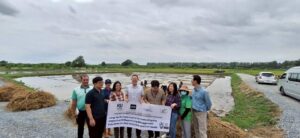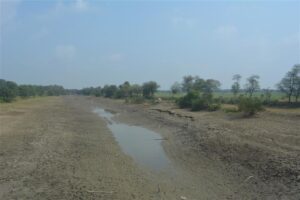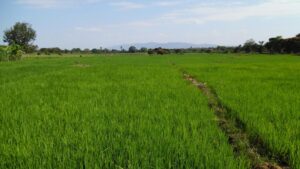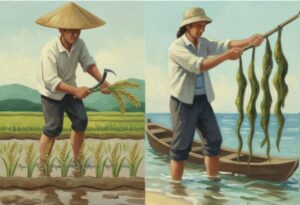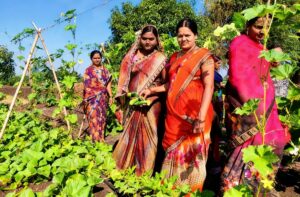
In April 2005, the government of Canada launched an integrated International Policy Statement (IPS) in an attempt to bring together the various components of its international relations, including development. The IPS provides the policy framework for Canada’s international development assistance, including the work of the Canadian International Development Agency (CIDA).
This framework focuses Canada’s contribution to poverty reduction on the Millennium Development Goals and articulates five priority sectors for Canadian development assistance: promoting good governance, private-sector development, health, basic education, and environmental sustainability. Gender equality will be systematically and explicitly integrated across all programming within each of the five sectors.
Agriculture is regarded as an important means to achieve development results in four of the five priority sectors in the IPS. Food security is identified as a target outcome under the health priority. Because small farmers should be recognized as entrepreneurs and their associations as key economic players, rural entrepreneurship and market issues are areas for support under the private-sector development component. Natural resource management challenges underpinning agriculture, such as water scarcity and land degradation, are highlighted under the environmental sustainability component. Good governance also plays a role in facilitating agricultural growth—the presence of strong national agricultural research systems, appropriate policy frameworks, and the ability to play an active role on the international scene, particularly as it relates to trade, are strategically important for all countries.
We should also not forget that increased income from rural livelihoods directly affects children’s ability to access and benefit from basic education and, conversely, that better basic education helps farmers become more productive.
Promoting gender equality in the agricultural sector is both a condition for and an element of success. Any policy or intervention should recognize from the onset the large number of women involved in agriculture, particularly in sub-Saharan Africa, and the gender-based nature of agricultural production. In many cultures, there are “men’s crops” and “women’s crops”—each with consequent specialized knowledge, practices, and rituals. Certain roles, such as seed preservation and food processing, marketing, and preparation, are often traditionally performed by women.
Additional factors, such as the devastating effects of HIV/AIDS in many African societies (and projected elsewhere), are resulting in a rapid increase in the number of farms managed by older women and orphans in rural areas, and have strong implications for agricultural productivity. Yet, in several countries, women’s access to and ownership of land—to name a key challenge—remain an issue. It is thus imperative that support for agriculture, from policy to extension, take these realities into account.
This imperative also holds for agricultural research if it is to continue to play its role in contributing to food security, poverty reduction, and environmental sustainability. Canada is a founding member of the Consultative Group on International Agricultural Research (CGIAR) and has remained a strong supporter of the group’s 15 international agricultural research centers—including IRRI—since their creation. CIDA has been a strong proponent of core funding to the CGIAR, as a means to ensure ongoing resources for long-term scientifi c undertakings. In addition to its regular contribution, over the course of the past three years, CIDA has provided CAD$40,000,000 (US$34,000,000) in core funds to the CGIAR through the Canada Fund for Africa to support specifi c research. We are very pleased with IRRI’s recent decision to augment its activities in Africa, in close collaboration with the West Africa Rice Development Association (WARDA, also called the Africa Rice Center) and other CGIAR centers.
A small grant fund, the Canada CGIAR Linkage Fund, managed through CIDA, was created ten years ago to contribute to the CGIAR’s goals of reducing poverty and food insecurity through strengthened collaboration between the CGIAR system and Canada’s university and science community. Under the Linkage Fund, IRRI has most recently been working with Montréal-based McGill University, advancing the application of bioinformatics to plant genetics, in the hope of accelerating the development of drought tolerance in rice. CIDA is proud to contribute to this research and looks forward to agricultural research helping to further improve the lives of the poor in developing countries.



